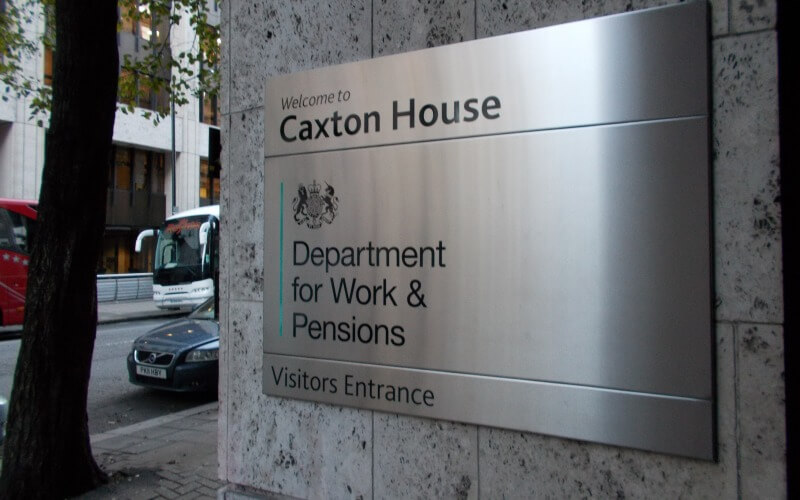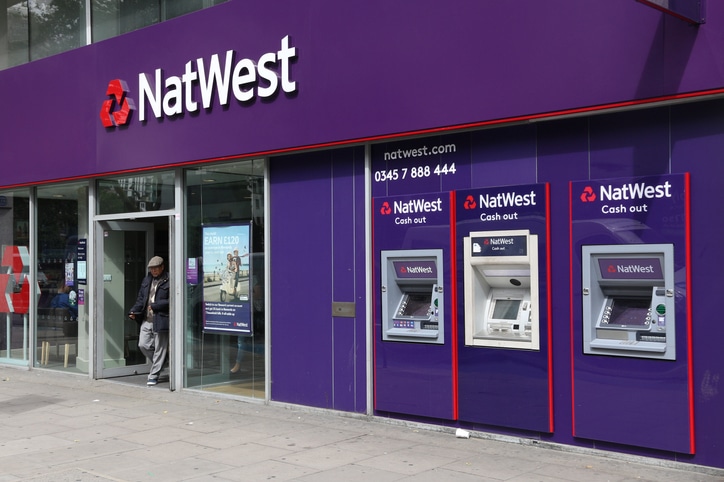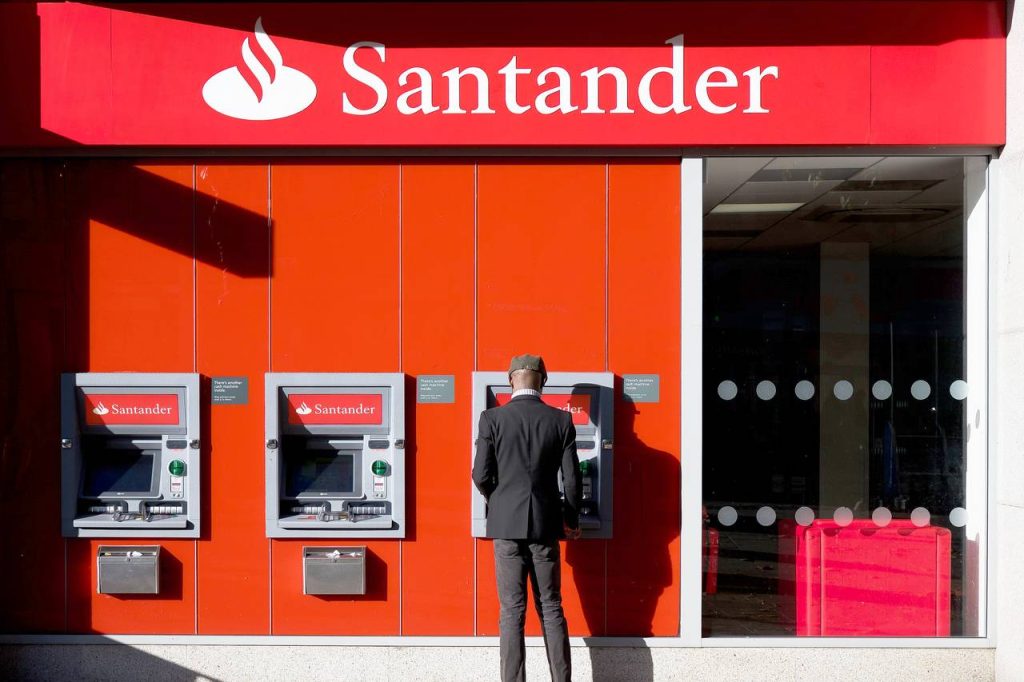As the government prepares to roll out the forthcoming cost of living payments for eligible households. The Department for Work and Pensions (DWP) is issuing a warning for potential fraud. In 2020, the government announced that over eight million families would receive a second round of cost of living payments. This spring, the first instalment of the £900 means-tested payment, amounting to £301, will be distributed.
DWP Broadcasts Fraud Alerts via Social Media
The DWP is leveraging various social media platforms, such as Twitter and Facebook, to warn the public about potential schemes. The department emphasises that qualifying recipients do not need to apply for the payment since it will be automatically deposited. The method of disbursement will reflect the standard way recipients receive their benefits or tax credits.
Recent data shows that the DWP has documented over 2,800 instances of fraud related to the cost of living payment. These have included a multitude of scams carried out via text messages, emails, and phone calls.
Guaranteed Payments for Eligible Recipients
The government confirms that it will automatically issue payments to individuals who are determined to be eligible at a future date. However, it’s crucial to note that the DWP will never request personal information via text messages or emails.
Fraudsters may impersonate government officials or organisations to illicitly obtain personal data, leading to identity theft and other financial fraud. Fraudsters employ tactics, such as offering bogus assistance with payments, threatening to stop benefits, or falsely promising additional payments.
Safeguarding Against Fraudulent Attempts
It is vitally important for individuals to heed these fraud warnings. There is no need to apply for a payment since it will be automatically deposited into their bank accounts. Fraudsters might try to deceive individuals into sharing personal information or paying a fee to access their payment.
People should avoid clicking on links or downloading attachments from unexpected communications, as these could contain dangerous malware. The advised approach is to independently verify the authenticity of such messages by contacting the relevant government body or organisation.
Promoting Awareness is Key
Beyond individual vigilance, disseminating this fraud warning and educating loved ones about potential scams is equally important, particularly for more vulnerable groups like the elderly. Spreading this information can empower people to understand the risks and take the necessary precautions.
The DWP continues to urge the public to remain alert and report any suspicious activity related to the cost of living payment. Given the increasing sophistication of fraudsters, often impersonating government officials or organisations to acquire personal data, confirming the message’s legitimacy before acting is crucial. You can achieve this by reaching out to the respective agency or organisation directly using their official contact details.



